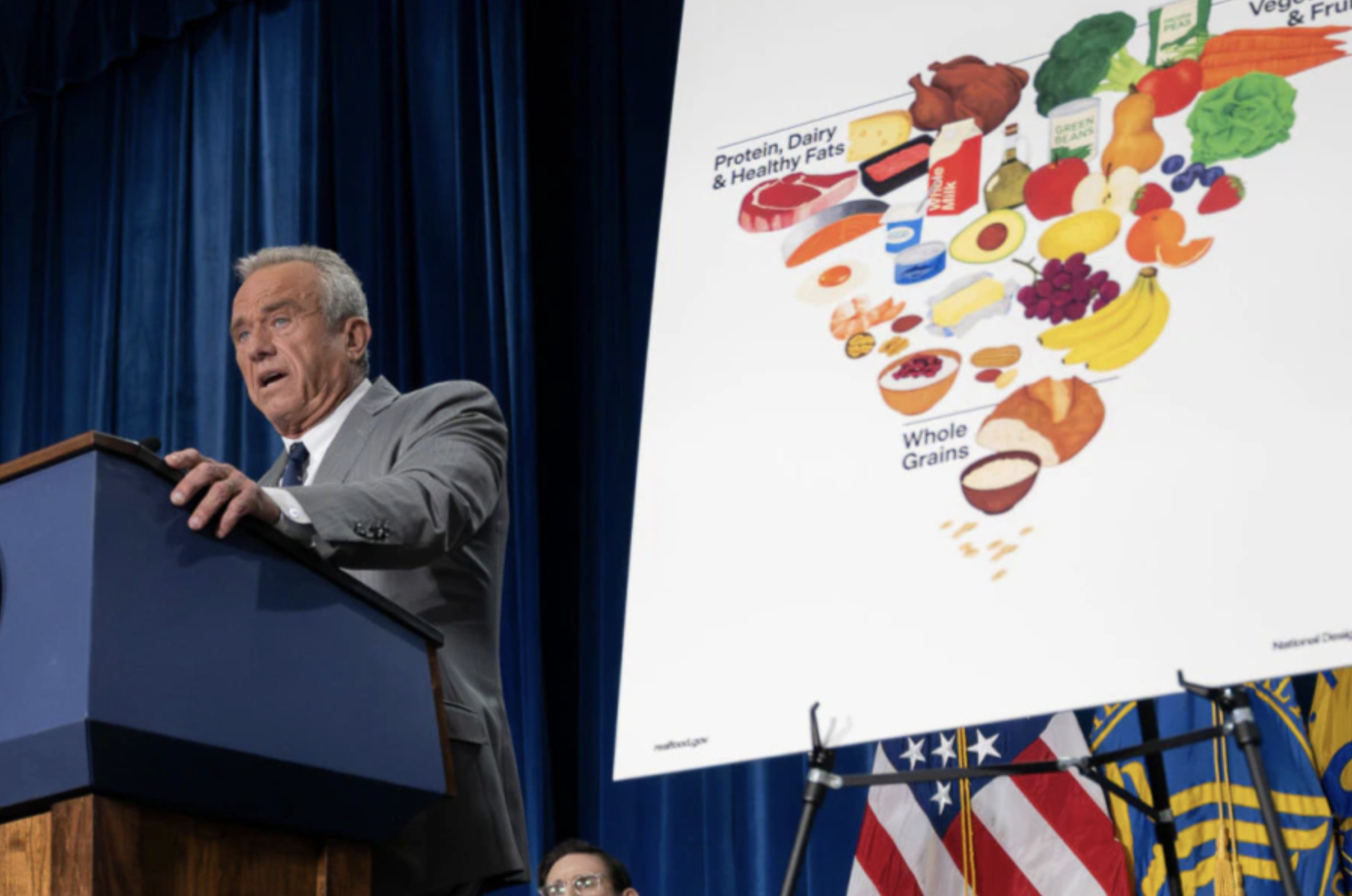The Responsibilities of the Commander in Chief Focus the Mind
President Obama, at his press conference yesterday, in response to republican candidates’ hawkish calls for a more aggressive posture toward Iran:
Now, what’s said on the campaign trail -- those folks don’t have a lot of responsibilities. They’re not Commander-in-Chief. And when I see the casualness with which some of these folks talk about war, I’m reminded of the costs involved in war. I’m reminded that the decision that I have to make in terms of sending our young men and women int
President Obama, at his press conference yesterday, in response to republican candidates’ hawkish calls for a more aggressive posture toward Iran:
Now, what’s said on the campaign trail -- those folks don’t have a lot of responsibilities. They’re not Commander-in-Chief. And when I see the casualness with which some of these folks talk about war, I’m reminded of the costs involved in war. I’m reminded that the decision that I have to make in terms of sending our young men and women into battle, and the impacts that has on their lives, the impact it has on our national security, the impact it has on our economy. This is not a game. There’s nothing casual about it. And when I see some of these folks who have a lot of bluster and a lot of big talk, but when you actually ask them specifically what they would do, it turns out they repeat the things that we’ve been doing over the last three years, it indicates to me that that’s more about politics than actually trying to solve a difficult problem.There is truth in what President Obama says here. And he speaks from experience. For everything he says about the republican candidates applies to many of candidate Obama’s 2008 criticisms of Bush administration counterterrorism policies. Those criticisms were made by someone with no national security responsibilities, who did not have to face the concrete impact on U.S. national security of changing the Bush policies, and who thus could engage in bluster and big talk about the vices of the Bush approach. Once Obama became Commander in Chief, once he assumed responsibility for U.S. national security, once he was forced to consider the concrete costs of the counterterrorism changes he promised or hinted at on the campaign trail, he acted more prudently. And that more prudent course ended up looking a lot like the late Bush era counterterrorism policies. I have much more to say about Obama’s continuation of Bush era policies, and its significance for our constitutional order, in my new book, which is available now, and which I will discuss more on the blog on Monday (the official publication date).
Jack Goldsmith is the Learned Hand Professor at Harvard Law School, co-founder of Lawfare, and a Non-Resident Senior Fellow at the American Enterprise Institute. Before coming to Harvard, Professor Goldsmith served as Assistant Attorney General, Office of Legal Counsel from 2003-2004, and Special Counsel to the Department of Defense from 2002-2003.





